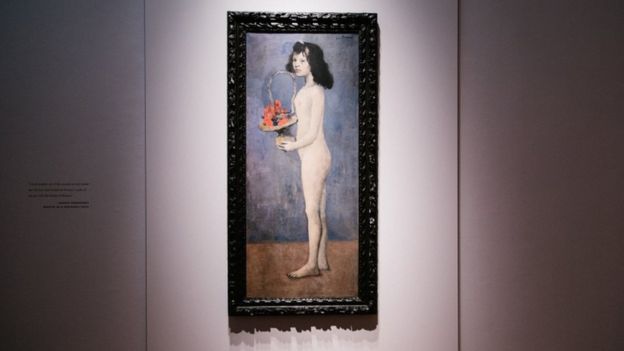What we read
We have now read Stephen Law's persuasive essay "Carving The Roast Beast", in which he aims to persuade his readers to agree with his thesis that it is morally wrong to eat meat (2003).
___________________________________
Our response
Our initial survey on Classroom showed that before reading the body of his essay, where he supports it, all of us disagreed with Law's thesis that eating meat is morally wrong, which Gemma states in the introduction and then supports against the various opposing arguments made by her family members as they sit around the dinner table debating on Christmas day. (Christmas dinners were not like this in my family, but then we had duck, not turkey. Mmm ... duck!)
___________________________________
My question
Has Law now persuaded you that his thesis is right?
- If he has, what changed your mind?
- If he has not, why do you think he is wrong? Where is the mistake in his support?
And do you agree or disagree with your classmates' responses for or against Law?
Suggested process
I suggest you spend a few minutes thinking about exactly what your own main idea on the topic of Stephen Law's thesis is, and how you will write the thesis statement that tells us that main idea. Then think about your main supporting points for that thesis. Finally, write a paragraph or two that tell us your thesis on the topic and why we should agree with you.- topic = Stephen Law's thesis that it's morally wrong to eat meat
- thesis = your main idea about the above noun phrase
- support = how are you going to persuade us to agree with you? Why do you think that you are right and that we are wrong to disagree with you?
Remember
Your response writing will be stronger if you write as if your readers have not seen the questions you are responding to. That is, your writing should make sense independently of my comments and instructions here.
___________________________________
Reference
- Law, S. (2003). Carving the roast beast. In The Xmas Files: The Philosophy of Christmas [Kindle Edition] (pp. 124 - 140). Weidenfeld & Nicolson. Retrieved from https://www.amazon.com/






























